
It is no secret that the seventies were a great time for American movies. In fact, it is the single most idealized decade for enthusiasts who favor films with artistic merit. Realistic and unflattering portrayals of humanity, politically controversial ideas, and uncompromising integrity were found in almost countless films made in a decade that was fuelled by paranoia, confusion, and an overall distrust of authority.
Movies from the seventies are part of another world. Soundtracks are all over the place in styles and instruments (often within the same film), pacing is primarily slower (this was a decade before MTV created half of a generation with attention deficit disorder, and nearly three before Youtube created one in its entirety), and crisp, clean camera and sound work doesn’t seem to matter nearly as much as the intention of a film’s overall emotional impact.
In short, a large and important group of filmmakers created stories that people could relate to and care about, ones that didn’t pander to what audiences wanted but actually, at their best, provided them with an emotional fulfillment that they needed.
The cultural prejudices and practices of the decade, some of which seem almost archaic by today’s standards, are also amusingly on full display in some of the best seventies movies: emotional women are smacked around without so much of an afterthought, cigarettes are casually lit up in public areas like supermarkets, racial minorities usually fall into stereotypes, and homosexuals are rarely presented as anything but a joke.
In spite of the shortcomings and lack of advancement in certain aspects of the decade, however, there is no denying the creative explosion of films, both with artistic and entertainment value, that has yet to be matched by any decade since. The seventies was the last decade where the filmmaker (not the studio system, not the star) was king.
As the muddied, compromised, desperately people-pleasing results of the majority (though certainly not all) of films released within the studio system since tells us, it truly was the golden era of filmmaking it is still celebrated as being.
For a decade so full of undisputed classics and masterpieces (The Godfather, Apocalypse Now, Taxi Driver, The French Connection, The Exorcist, Jaws, Close Encounters of the Third Kind, Star Wars, Eraserhead, Midnight Express, One Flew Over the Cuckoo’s Nest, Chinatown, Dirty Harry, Mean Streets, A Clockwork Orange, The Conversation, Harold and Maude, Badlands, The Last Picture Show, and on and on…), it is only natural that films of equal merit fell by the wayside for reasons often beyond their control (timing chief amongst them).
The b-sides, the forgotten masterpieces to the album that was seventies filmmaking, are perhaps even more fascinating than the elected a-material because it’s all the more surprising and rewarding when their qualities take hold of you.
Whether they were immediately ignored or found an audience at the time of their release but have since been forgotten, all the films on this list deserve to be seen and appreciated today… For no other reason than they greatly help to fill a gap that is constantly widening in today’s modern major film releases.
30. The Black Hole (1979)
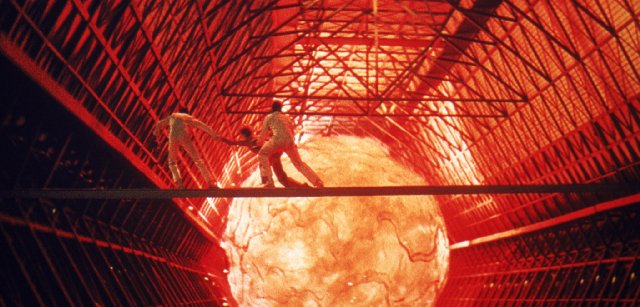
While not a perfect film by any stretch of the imagination, Disney’s production of The Black Hole is a worthwhile addition to this list. This is largely due to the fact that it represents many films made in Hollywood around the time of its release that were trying to recreate the success of the cultural and box office phenomenon that was Star Wars.
Like many films, The Black Hole got lost in the shuffle (and makes its title all the more earned in hindsight), and many audience members missed out on a charming, family-friendly romp whose style (and visual effects, for that matter) perhaps needed to be viewed nostalgically in order to be fully appreciated.
29. Husbands (1970)
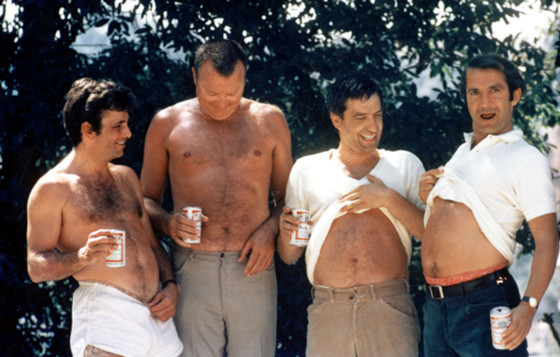
John Cassavetes’ work as a filmmaker has left its mark on many of the greatest actors and directors working in film today. For most of today’s audiences, however, the filmmaker’s name and work is quite sadly under known. While not as renowned or celebrated as some of his other work is to many film enthusiasts, Husbands, like all of Cassavetes’ achievements, is still waiting for its true time in the sun.
The story of Husbands (three middle-aged men decide to leave their work and home lives behind after the death of a good friend) is merely an excuse for us to witness what it is that Cassavetes truly loved and explored throughout his career: human behavior, relationships, and desires.
As a result, Husbands is a showcase (along with most of Cassevetes’ directorial cannon) of some of the most naturalistic and realistic acting ever put on film. It is an intentionally messy and somewhat disjointed experience that mirrors human life in the closest possible way.
28. Jeremiah Johnson (1972)
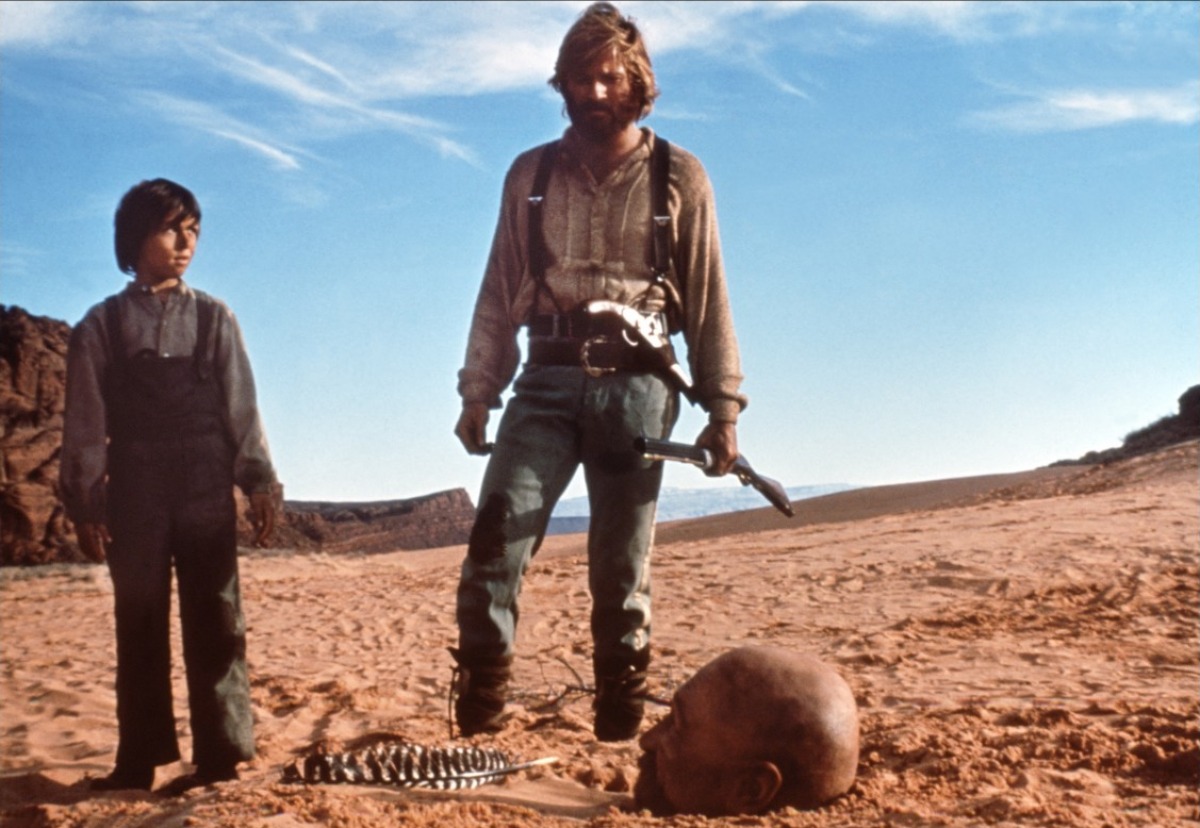
Director Sydney Pollack’s adventure/survival story is an entertaining, thoughtful depiction of the brutality that was commonplace in the early days on the American frontier. The title character (played with a predictable focus and earnestness by Robert Redford) is a mountain man who has rejected society due to his experiences in the Mexican War, only to find more brutality in the wilderness from nature’s beasts and the ramifications of his people’s inhabitation of the “New World”.
While it could have easily been a typical “honest White Man versus the savage Indians” tale, Jeremiah Johnson manages to go a bit deeper, portraying the conflict between whites and Native Americans with a maturity and sadness so that the film’s core is as much about examining racism as it is about being a terrifically enthralling piece of entertainment.
27. Drive, He Said (1971)
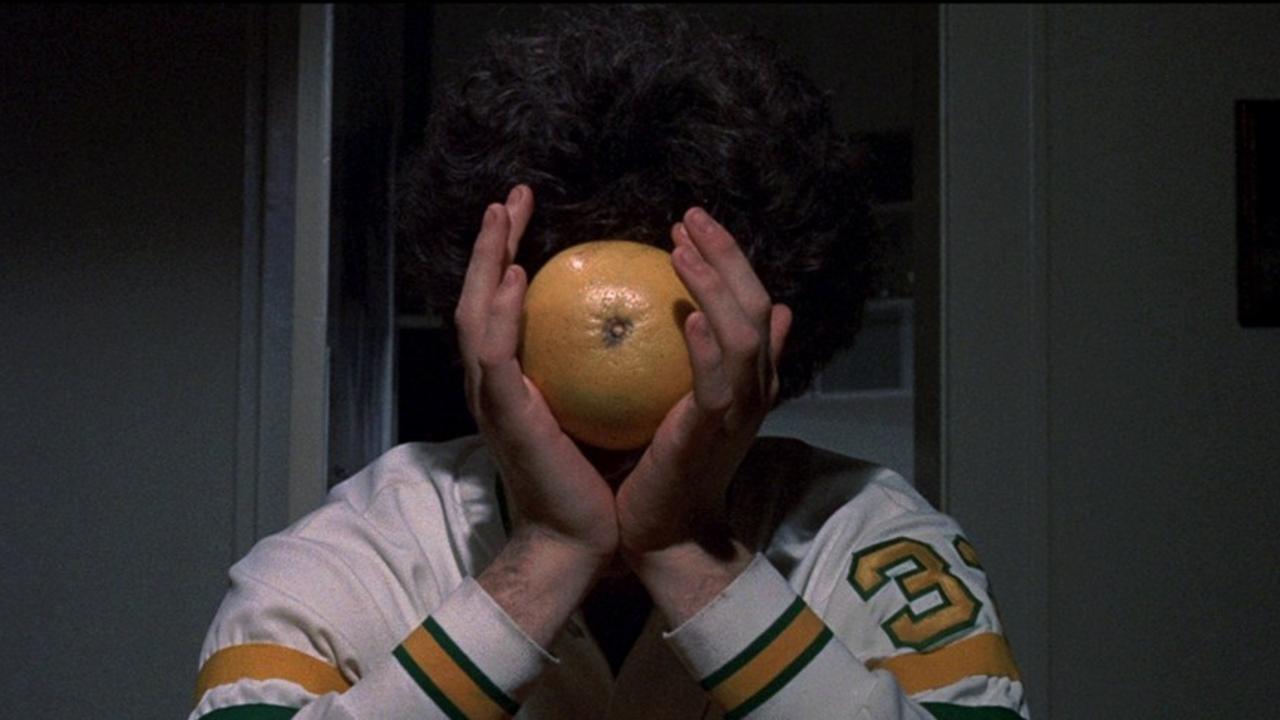
Jack Nicholson’s official directorial debut is a wild, passionate film that isn’t exactly focused on any one topic of the sixties or seventies so much as it is a crazed flash that contains just about every major social and political issue of the times. Centered around a college basketball star, Nicholson’s film uses the higher education backdrop to explore larger ideas such as (at the time) modern sexuality, drugs, freedom, mistrust of the government, and, of, course, the effects of the war in Vietnam.
In Drive, He Said, like many of the films on this list and of its decade, the Vietnam War is a horrific unseen force that looms over its character’s lives, effecting their education, future goals, and, ultimately, their sanity.
26. The Outfit (1972)
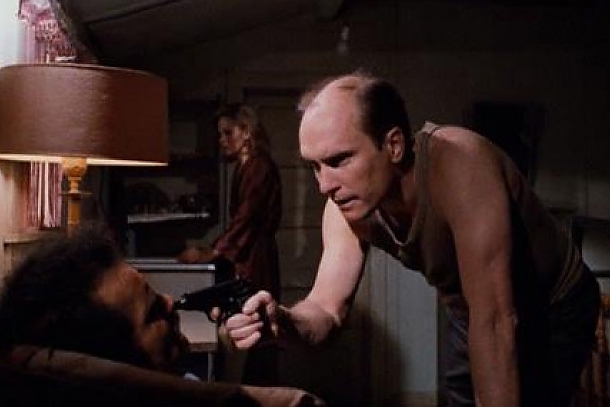
This pulpy noir thriller (based on a Donald E. Westlake novel) is a fairly standard revenge thriller with some solid writing and filmmaking to make it stand out from other similarly-toned thrillers of the time. What really makes it something special, however, is the pairing of Robert Duvall and the far-too-forgotten scene-stealer Joe Don Baker.
Playing a couple of small-time criminals who go after the mafia to avenge Duvall’s brother, the two actors steal the film with every scene they share and almost make the rest of it seem irrelevant as a result. Baker’s and Duvall’s onscreen charisma, chemistry, intensity, and likability all stem from great talent and the fact that they’re genuinely interesting (though not overly attractive) people to watch.
These qualities are almost impossible to find in today’s primarily surface-driven selection of major film actors today. In the case of Baker and Duvall (not to mention many of the other names on this list), they certainly don’t make them like they used to.
25. Hardcore (1979)
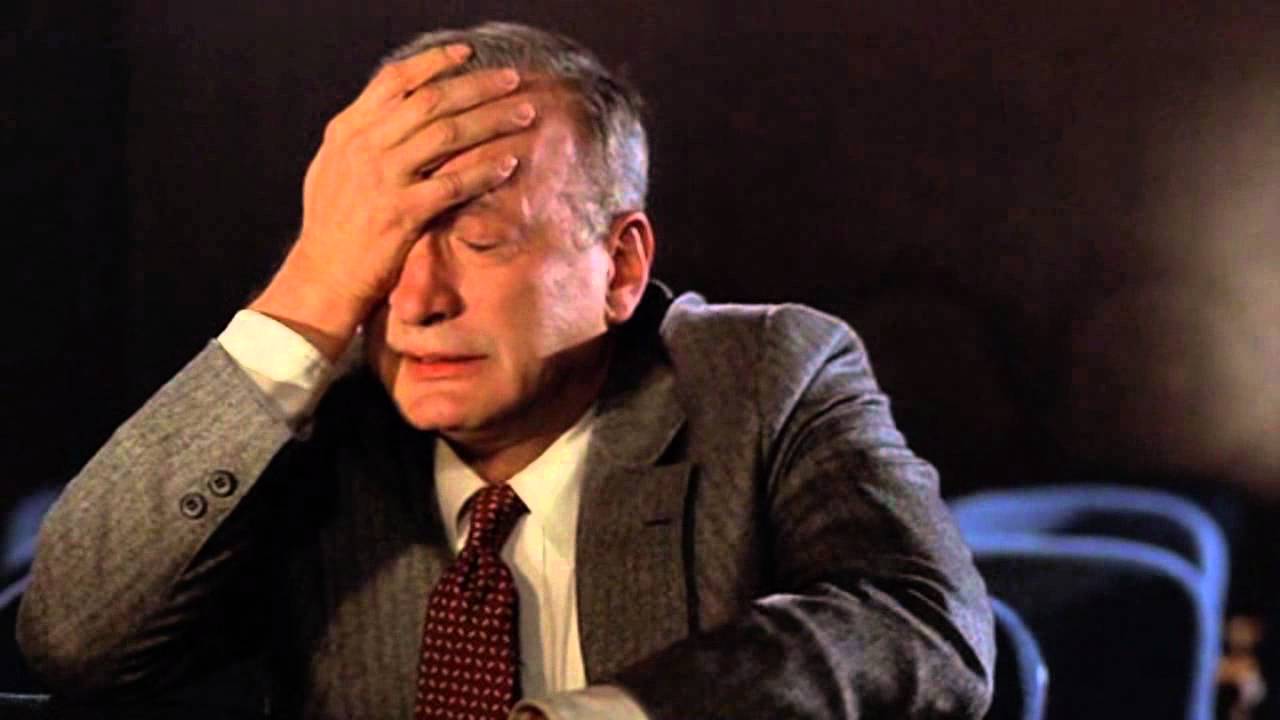
Like many of his directorial efforts, Paul Schrader’s film is a sadly forgotten masterwork that offers layers of insight into the complexities of the human soul. Centering around a small-town man (George C. Scott) who is searching for his missing teenage daughter in California’s pornography scene, Hardcore sucks you into a hypnotic underworld that is as intoxicating as it is repulsive.
While the film works perfectly well on an entertainment level as a first-rate thriller, it wouldn’t be a Paul Schrader movie if there wasn’t something much greater, and much more complicated, running concurrently within it. Hardcore ultimately unravels into a harsh reminder that, even in the seemingly safest and most serene corners of America, no one is truly safe from corruption when it is so readily available within ourselves.
24. Zardoz (1974)
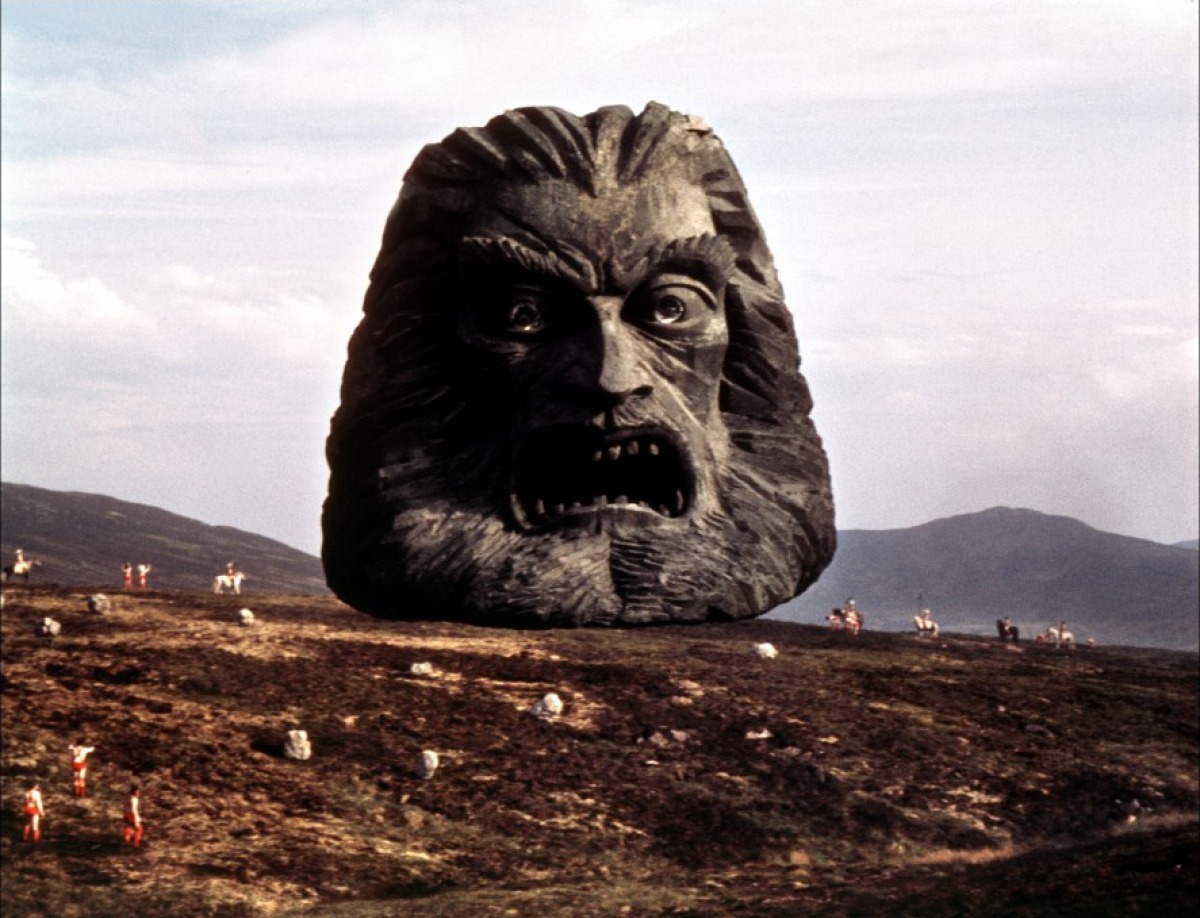
Otherwise known as “that movie where Sean Connery plays a futuristic barbarian rapist who runs around in a leather thong the whole time”, Zardoz is the kind of movie that could only be made by a very talented director at the height of his success and popularity.
Following his worldwide hit, Deliverance, John Boorman chose to follow his passions and direct his own original screenplay for Zardoz, a thoroughly bizarre science fiction tale that is far too scattered and baffling to be known as a worldwide classic, but far too original and unique to be completely written off.
Boorman’s labor of love is equally complex and silly, and just as poignant as it is immature. Filled with symbolism that is both surprisingly astute and as laughably subtle as Connery’s wardrobe, Zardoz is a film that demands repeat viewings to fully understand the scope of its story and intentions.
If you’re on board for the ride, the film just gets richer and more satisfying with every viewing. If not… It’s probably best to let it remain the stupefying and beautifully ambitious mess you found it to be on the first viewing.